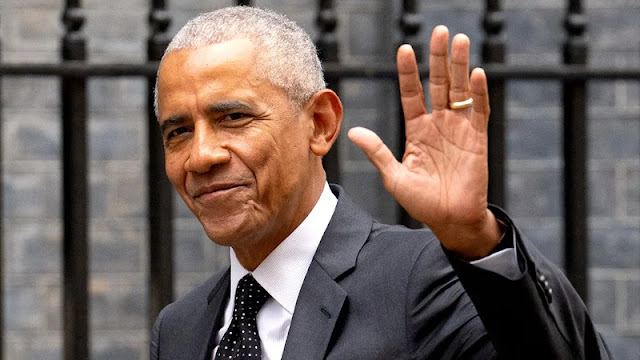Barack Obama, the 44th President of the United States, remains one of the most significant and polarizing figures in modern American history. As the first African-American president, his election in 2008 was a landmark moment that symbolized progress in the nation’s ongoing battle against racial inequality. Evaluating whether Obama was a “good” leader depends on how one measures leadership—whether through policy achievements, crisis management, or his ability to inspire and unify.
One of Obama’s defining strengths as a leader was his ability to inspire. His campaign message of “Hope and Change” resonated with millions, propelling him into office amid the Great Recession. His eloquence and poise were often cited as qualities that brought dignity and grace to the presidency. Obama’s leadership style was inclusive, focused on collaboration, and emphasized the importance of listening to diverse perspectives. For many Americans, he represented a vision of unity and progress, particularly on issues of race, LGBTQ+ rights, and healthcare.
Obama’s most notable policy achievement, the Affordable Care Act (ACA), marked a historic shift in American healthcare. Despite fierce opposition, the ACA expanded access to health insurance for millions of Americans and addressed long-standing inequities in the healthcare system. However, critics argue that its implementation was flawed, citing rising premiums and limited options for some individuals. Nonetheless, the ACA remains a cornerstone of his legacy, illustrating his commitment to addressing systemic issues.
Obama’s tenure also included significant foreign policy accomplishments. He ordered the operation that killed Osama bin Laden, ending a decade-long manhunt and bringing closure to many affected by the 9/11 attacks. His administration pursued a reset of U.S. relations with Cuba, a move that sought to mend decades of diplomatic estrangement. Additionally, the Iran Nuclear Deal was a hallmark of his diplomatic approach, though it was met with mixed reviews. Supporters praised it as a means of averting nuclear proliferation, while critics argued it was too lenient on Iran.
Obama’s leadership faced its share of challenges and criticisms. His administration struggled to bridge the deepening partisan divide in Washington. Efforts to pass comprehensive immigration reform stalled, and his approach to handling the Syrian civil war drew criticism from both hawks and doves. Some viewed his use of executive orders as overreach, and others felt he failed to adequately address income inequality and racial tensions.
Obama’s leadership cannot be assessed without acknowledging the political and social climate in which he governed. He inherited two wars and the worst economic downturn since the Great Depression, yet his administration helped stabilize the economy and oversaw a significant drop in unemployment. His presidency symbolized hope for many, yet it also highlighted the persistence of systemic issues that his leadership alone could not solve.
Barack Obama’s legacy as a leader is one of ambition, resilience, and inspiration. While not without flaws, he remains a figure whose vision and policies continue to shape the political and cultural landscape of America. Whether one considers him a “good” leader often reflects personal values and priorities, but his impact on the nation’s history is undeniable.




